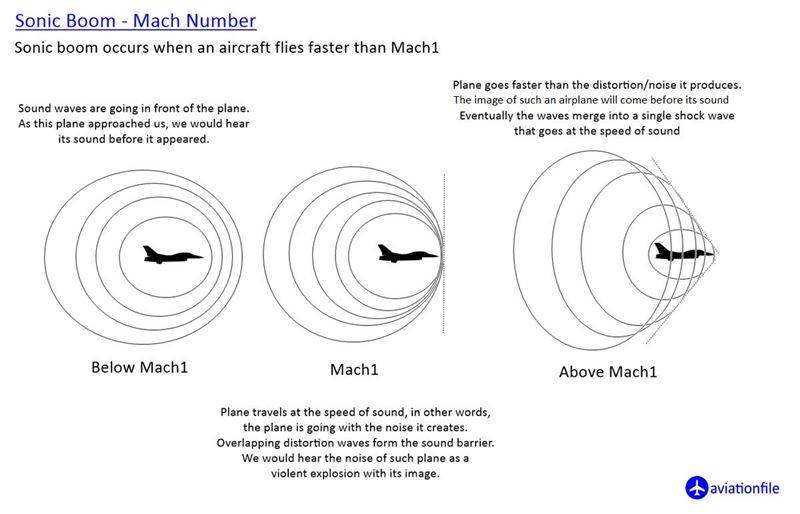The Significance of Startup Companies in Aviation: Revolutionizing the Skies
The aviation industry has always been at the forefront of technological advancements and innovation. In recent years, the rise of startup companies in aviation has added a new dimension to this industry. These young and dynamic companies are bringing fresh ideas, disruptive technologies, and a spirit of entrepreneurship that are reshaping the aviation landscape. This article will delve into the importance of startup companies in aviation and highlight real references that demonstrate their impact.
Driving Innovation and Technological Advancements
Startup companies in aviation are known for their ability to push the boundaries of innovation. With a focus on disruptive technologies, they often challenge the status quo and introduce groundbreaking solutions. For instance, Joby Aviation, an electric air taxi startup, has developed an all-electric vertical takeoff and landing (eVTOL) aircraft that aims to transform urban mobility and reduce congestion. This innovative approach has the potential to revolutionize the way we travel.
References:
- Joby Aviation: https://www.jobyaviation.com/
Fostering Competition and Market Disruption
The entry of startup companies into the aviation industry fosters healthy competition and disrupts established markets. These new players bring fresh perspectives and alternative business models that force larger companies to adapt or risk being left behind. One notable example is Boom Supersonic, a startup working on supersonic commercial aircraft. By developing faster, more efficient aircraft, they aim to revive supersonic travel and challenge the dominance of traditional aviation giants.
References:
- Boom Supersonic: https://boomsupersonic.com/

Addressing Sustainability Challenges
The aviation industry faces increasing pressure to reduce its environmental impact. Startup companies are playing a crucial role in addressing these sustainability challenges. ZeroAvia, for instance, is a startup focused on developing hydrogen-electric powertrain technology for aviation. Their vision is to create zero-emission aircraft, contributing to a greener future for air travel.
References:
- ZeroAvia: https://www.zeroavia.com/
Encouraging Collaboration and Partnerships
Startup companies often collaborate with established players in the aviation industry, leading to mutually beneficial partnerships. These partnerships allow startups to gain access to industry expertise, resources, and infrastructure, while established companies benefit from the fresh ideas and agility of startups. Zunum Aero, a startup backed by Boeing and JetBlue, aims to develop regional electric aircraft and create a hybrid-electric aviation ecosystem through partnerships with various stakeholders.
References:
- Zunum Aero: https://zunum.aero/
Conclusion
Startup companies are revolutionizing the aviation industry through their focus on innovation, disruptive technologies, and sustainability. Their presence fosters healthy competition, encourages collaboration, and forces established companies to adapt to changing market dynamics. As we look to the future, the importance of startup companies in aviation will only continue to grow, driving the industry towards greater efficiency, sustainability, and technological advancements.
References:
- Joby Aviation: https://www.jobyaviation.com/
- Boom Supersonic: https://boomsupersonic.com/
- ZeroAvia: https://www.zeroavia.com/
- Zunum Aero: https://zunum.aero/



